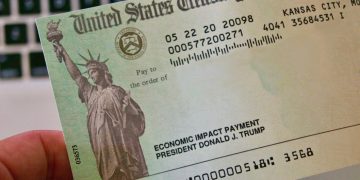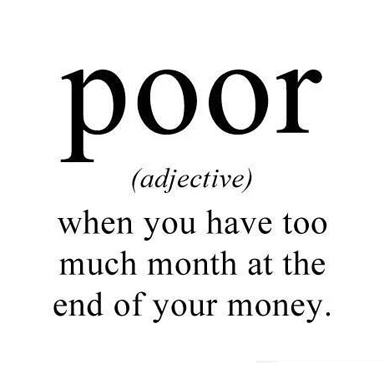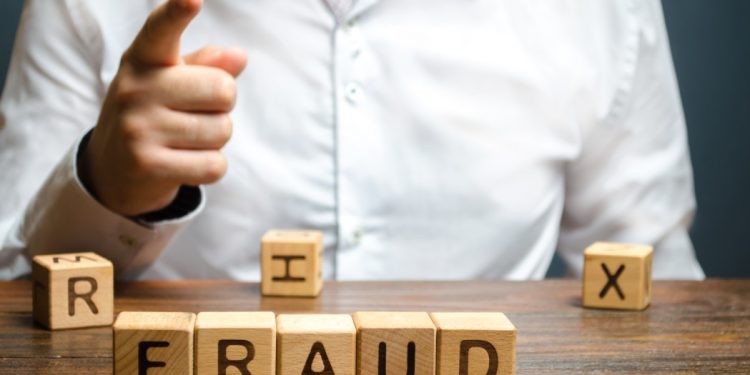Scamming activity has been at an all-time high during the COVID-19 crisis, and it’s getting to the point that it’s reached a fever pitch. The sheer creativity that people have been showing through scams is just plain impressive. Unfortunately, scammers are getting pretty elaborate with their work and that means more people than ever are falling for them.
You do not have to be a victim. Knowing what scams are circulating is vital to staying safe. We’re willing to bet that you’ve heard at least one of at least one of these popular scams in recent months…
“Social Security is here. We’re going to arrest you!”
A new scam that’s been hitting the country involves calls from people claiming to be the IRS or Social Security, accusing you of fraud. They tell you that they are going to arrest you because you didn’t pay a bill (or something similar).
They can stop the arrest from happening but all you have to do is pay them by giving them your bank information, credit card, sending Western Union, or making a Bitcoin deposit. Amazing, right? Don’t fall for it. The IRS and Social Security do not make these kinds of calls. They are not sending anyone to arrest you.
If you do get such a call and think that it might be legitimate, ask for the case number and the individual’s badge number and then HANG UP. Google the number to the organization and call them directly yourself.
“Hey, I need your CashApp.”
CashApp is one of the most popular cash sending methods for people who want to send cash quickLY, but it’s also one of the worst apps for scammers. Some random stranger will not be sending you cash in most circumstances.
Rather, knowing your CashApp is a way to get the information they can use to scam yo. One way is by hacking your CashApp and then connecting into your linked bank account. So while you think that you’re getting free money, you’re actually giving scammers access to your bank account. Moreover, CashApp doesn’t have any way to get your money back once you’ve been parted with it.
“This is customer support. We locked you out of your account. We need to confirm it’s you to log you back in.”
This is tricky. If you actually locked yourself out of an account, you might have a legitimate thing. On the other hand, if you just used that app/email account/site, then the call you’re getting is not legitimate at all. In fact, if you’re locked out, most places will not call you.
This is a way for scammers to get your password and actually boot you out of your account. Never click any random links sent to you. Instead, type the address into your search bar to verify for yourself that your account has been locked. Clicking a link might just take you to a spoofed site where you will actually be giving a scammer your username and password.
“I need you to tell me the security code texted to your phone.”
Do not ever do this, regardless of the situation. This means that scammers are trying to reset your password or are actively trying to log into an account that you own. If you get a security code texted to your phone that you didn’t request, don’t give it to anyone.
Rather than share the code, log onto the account that’s affected and change the password. You can never be too safe!
“So I invested $500 in this. I can guarantee that you’ll get $5000 if you do the same!”
Investments are not something that you should be discussing with a complete stranger. If someone is telling you to invest in this “private business” or cryptocoin, hit the pause button. No one can guarantee any return on investment and they definitely can not multiple your investment to a guaranteed amount within ANY time frame.
If you would like to invest and have no idea where to start, go to your local bank and ask if you offer investing services. Ensure that whomever you are speaking with is a broker or a CFP—a Certified Financial Planner. You can always verify that someone is registered to discuss investments with you by going to
“We’re all putting in $300. If you do, too, you get $3,000!”
This scam was really popular a few months ago and I expect that it will pick up steam again. This one goes by a few names. You might have heard of a cash pool, susu, loom, cash flipping, or flight. Cash pools do not work like this, especially not by people that you don’t know. If you find people hitting you up for money and saying they’ll magically double it you do, think again.
The Federal Trade Commission is very familiar with this scam and has an entire site dedicated to it. Just know that yes, some people may cash out but they are essentially taking some other poor soul’s money. The last people in are always the ones who end up losing the most.
“This is the police. You owe money for unpaid tickets. Pay up or we will have to arrest you.”
Generally, the police aren’t coming to arrest you for unpaid tickets but again, ask for a police badge number and case number or any other identifying numbers. Ask who you owe the money to and for what, and to send it to you in writing. Then you know what you do? Yeah, you hang up. This scam is counting on your fear so don’t give in!
Again, Google up the agency and call them directly. Whatever you do, they are NEVER asking you for Bitcoin, any cryptocurrency or a wire transfer or Western Union.
“You won this lottery! You just need to pay the taxes before you receive it.”
This is a common scam that has been around for ages. Don’t fall for it. Think about it, did you even enter a lottery or have you actually bought a lottery ticket? If you did, the lottery wouldn’t know your phone number and wouldn’t know if you were the one who bought the winning ticket.
Moreover, legitimate lotteries and winnings always take taxes out before they hand it to the winner. Sometimes, they don’t even do that. They let the winner determine what they want to do with the cash. Also, this applies to phone calls saying that you won a free trip or a free stay at a fancy hotel.
Again, don’t send anyone money especially to get money back!
“Hey, it’s (your loved one)! I’ve been kidnapped/hurt/arrested and need money to be safe.”
Some scammers are getting very slick with their delivery methods. They will record a conversation with one person, then use the recordings to mimic the person’s voice, making it sound like they are in trouble. Then, they play that back to their loved ones.
Some might actually mimic the voice themselves or claim that they are a hospital worker who needs money. Before you send money, hang up and call your loved one. Chances are that they are totally fine.
They try this popular scam with elderly people and when asked when their voice sounds different they’ll say that it’s because they’re sick or something to panic grandma into sending money.
“We are going to pay you, but you need to buy this equipment.”
Be wary of people offering jobs that sound too good to be true. It’s no secret that people are begging for jobs right now, and scammers are getting creative with separating you from what money you may have.
Never take a job that asks you to buy stuff to start. They’re supposed to pay you, not the other way around! Or if the job is getting packages and repackaging them and sending them somewhere else, you’re receiving stolen goods and the US Postal Service police might end up paying you a visit. What’s more, they’re not going to pay you.
“Cash this check and send us the difference.”
A check will usually show up for one reason or another. This is common if you sell stuff online or if you “won” money or something. Your friendly scammer will send a check for more than whatever you’re supposed to get and say, “whoops” just cash the check and send the rest back to us.
What will happen is that you will cash a FAKE check or a check with stolen banking information and you’ll send them the money. In about 2-5 days your bank will come back and tell you that the check is fake and you’ll be out the value of whatever you have already sent to the scammer. Don’t let your own avarice make you a victim of this scam.
“The extended warranty on your car has expired…”
Do you even own a car?
Okay, those are the most popular ones with the last one being my very favorite! There are lots of scams and schemes out there designed to separate you from your money. My assumption is that if I didn’t enter to contest, sign up for the product, hit the reset link, or entered the URL into the browser directly, I’m not giving any personal information or clicking any links or sharing any information with anyone!





















